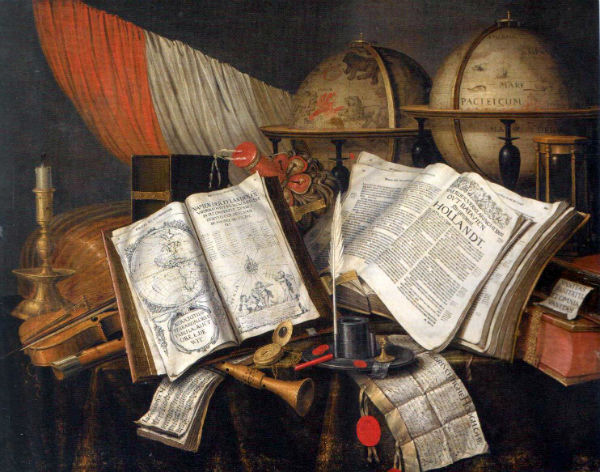Jacques Derrida and the Practice of the Phenomena. Dialectic and Temporality of the Trascendental Exercise
DOI:
https://doi.org/10.13130/2239-5474/7211Keywords:
Dialectic, time-consciousness, transcendental aesthetic, quasi-transcendental, contamination, exercise, différanceAbstract
In this essay I would like to propose a reinterpretation of certain passages of the earlier Derrida’s works, specifically on Edmund Husserl. I will focus mainly on his dissertation (Mémoire d’études superieures) and his Introduction to the Husserlian appendix The origin of geometry. My purpose is to point out some aspects that I consider relevant for the development of the following Derrida’s philosophy. First of all, I’ll try to take into account the concept of dialectic in his transition from Kant to Husserl. Then, starting from Derrida’s interpretation of The Lectures on Internal Time-Consciousness, I’ll try to explain the meaning of what could be described as an aesthetic refoundation of the transcendental. In these early stages Derrida attempted to lay the foundation of what he’ll then call “quasi-transcendental”. From this perspective, we might note that the deconstructive reading – as such – involves a phenomenological attention towards the original contamination between the conditions of possibility and the empirical field. Therefore, the exercise of deconstruction has something to do with difference as différance from the very beginning.
Downloads
Published
Issue
Section
License
- Authors retain copyright and grant the journal right of first publication with the work simultaneously licensed under a Creative Commons Attribution License that allows others to share the work with an acknowledgement of the work's authorship and initial publication in this journal.
- Authors are able to enter into separate, additional contractual arrangements for the non-exclusive distribution of the journal's published version of the work (e.g., post it to an institutional repository or publish it in a book), with an acknowledgement of its initial publication in this journal.
- Authors are permitted and encouraged to post their work online (e.g., in institutional repositories or on their website) prior to and during the submission process, as it can lead to productive exchanges, as well as earlier and greater citation of published work (See The Effect of Open Access).



